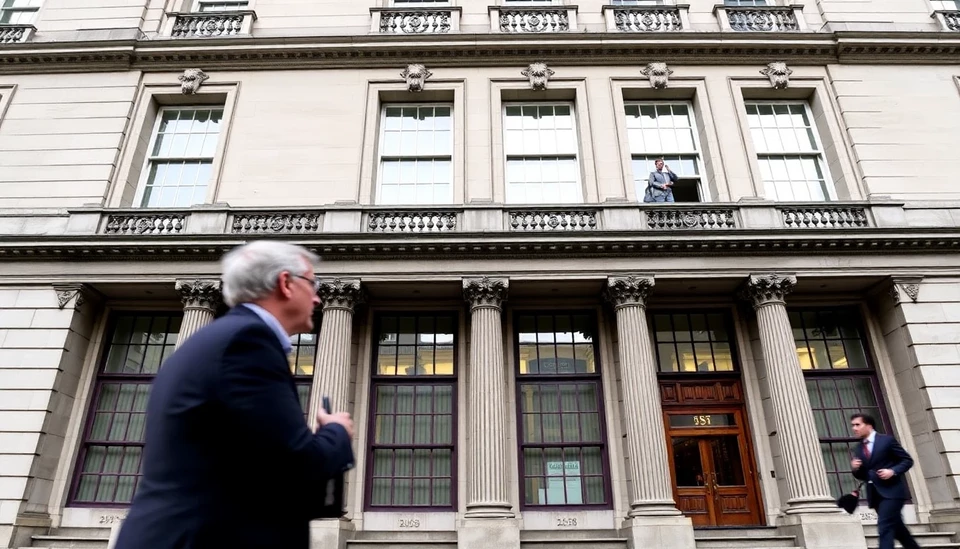
The Bank of England (BoE) is intensifying its scrutiny of certain prime brokerage practices at some of the largest banking institutions in the UK. This move comes amid rising concerns about the transparency and risk management associated with these financial services, which are crucial for investment firms and hedge funds. Prime brokers are essential partners for these firms, providing a range of services, including trade execution, clearing, and custody.
The BoE's focus on prime brokerage activities highlights a growing acknowledgment of the systemic risks posed by these services, especially given the complexities involved in their operations. With an increased reliance on technology and a rapidly changing financial landscape, regulators are keen to ensure that these practices do not compromise market integrity or lead to financial instability.
Recent assessments by the central bank have revealed that while many institutions are adhering to regulatory guidelines, there are still significant areas where improvements can be made. The BoE aims to engage with banks in order to encourage best practices and ensure that risk management frameworks are robust enough to handle potential market stresses.
This regulatory attention follows a series of market events that have caused the financial world to rethink its approach to risk management. The fallout from these incidents has prompted regulators globally to reevaluate their strategies aimed at controlling financial risk and maintaining stability within the banking sector.
The BoE is not acting alone. Other global financial regulators are also examining prime brokerage activities as part of a broader initiative to enhance oversight. This coordination aims to create a regulatory environment that not only protects investors but also strengthens the overall financial system.
While the specifics of the BoE's findings have not been fully disclosed, industry insiders suggest that some prime brokers might need to recalibrate their operations to align with new regulatory expectations. This could involve updating technology systems, revisiting compliance protocols, and ensuring greater transparency in their dealings.
The ongoing dialogue between the BoE and banks signals a proactive approach to potential threats in the finance world. By keeping a close watch on prime brokerage practices, the Bank of England aims to sustain market confidence and prevent any possible disruptions that could arise from inadequate risk management.
Ultimately, as financial services continue to evolve, regulators recognize the necessity for adaptive measures that can effectively mitigate risks without stifling innovation. The BoE’s initiative is a crucial step in the direction of fostering a stable and resilient financial environment.
In conclusion, the Bank of England's increased regulatory scrutiny over prime brokerage activities reflects a dynamic response to the complexities of today’s financial markets. As these banks prepare to adjust their practices, the BoE remains committed to ensuring that the UK's financial system remains robust and capable of withstanding potential shocks.
#BankofEngland #PrimeBrokerage #FinancialStability #RiskManagement #UKBanks #MarketIntegrity #Regulation #FinanceInnovation
Author: Victoria Adams




